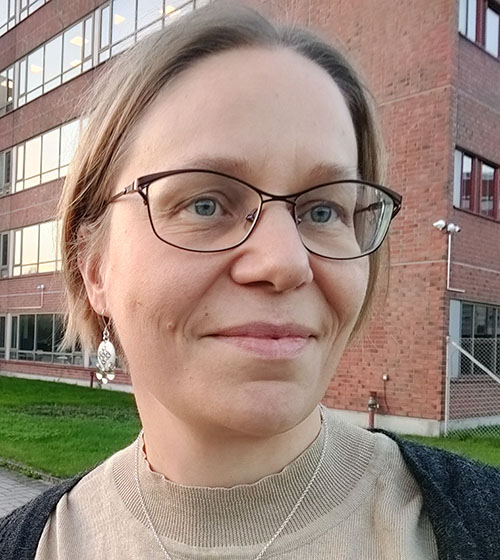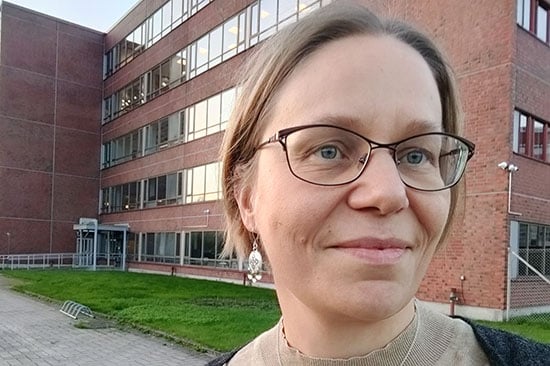Terminology work brings speed, cost savings and consistent quality to translations
In medical and pharmaceutical translations, it is crucial that the content of the text is conveyed accurately in the translation to ensure that the message of the text is understood correctly and patient safety is not compromised. Using the right terms makes the text easier to read, ensures that the message is transmitted correctly, and prevents misunderstandings.
30.9.2024
In medical and pharmaceutical translations, it is crucial that the content of the text is conveyed accurately in the translation to ensure that the message of the text is understood correctly and patient safety is not compromised. The starting point for this is using the correct terms.
In terminology, the word “term” refers to names of concepts in specialised fields. Using the right terms makes the text easier to read, ensures that the message is transmitted correctly, and prevents misunderstandings. High-quality terminology work – which involves collecting terms, verifying them and processing them efficiently with ICT tools – also saves the translator’s time and thus reduces translation costs.

A good translation uses target-language terms that mean the same as the source text terms and are suitable for the intended audience. The best choices depend on whether the text is intended for authorities, medical specialists, pharmacists, patients, family members or other readers. Texts written for patients should use easily understandable terms such as ‘heart attack’ or ‘thyroid gland inflammation’. On the other hand, communication between professionals typically involves specific and precisely defined terms such as ‘ST-elevation myocardial infarction’ (STEMI) or ‘autoimmune thyroiditis’.
Oriola’s Translations Team uses a variety of online terminology databases, including EDQM’s Standard Terms database and INN lists and ATC systems maintained by international and national authorities. We also have a shared terminology database that is integrated in our translation tool. All translators in our team can add terms to our shared database during their translation work, and all team members can thus benefit from each other’s terminology work.
We often proactively add new terms to the database, for example by importing the names of new medicinal agents from INN lists as the lists are updated. Proactive terminology work during quieter periods will speed up our translation work during subsequent busy periods. We can also label terms in our database to indicate whether a specific term is recommended or outdated. This ensures that outdated variants are not used in translations. We often receive terminology-related assistance from other teams at Oriola, whose expertise covers the entire lifecycle of pharmaceuticals, and terms collected from such internal experts are also stored in our terminology database. We also use the database to store customer-specific feedback on terms and individual terminology requests.
Using up-to-date terms improves the readability of translations and prevents misunderstandings that could compromise patient safety, cause an unnecessary burden for professionals, or result in a waste of resources. Translation and terminology tools allow us to work faster under tight regulatory deadlines, provide cost savings, and allow our translations team to benefit from the experience of Oriola’s other experts.
Raila Hekkanen is a Medical Translator at Oriola.


